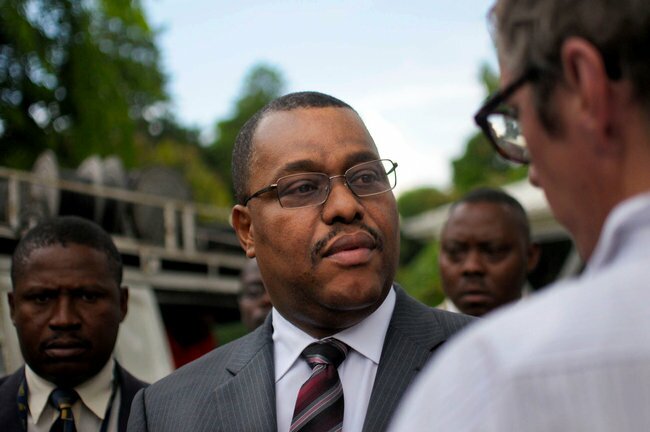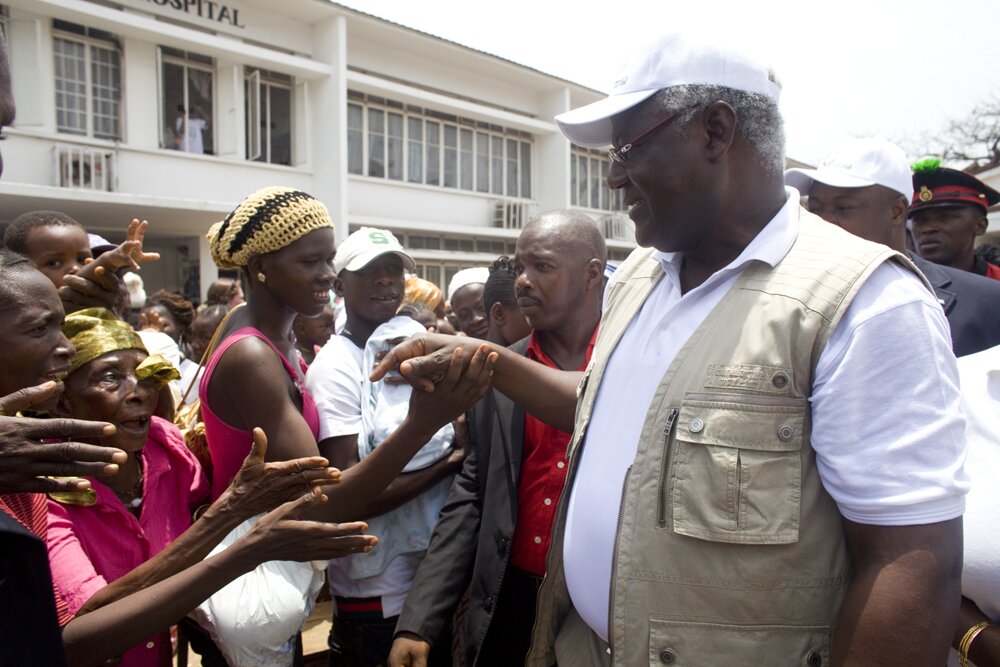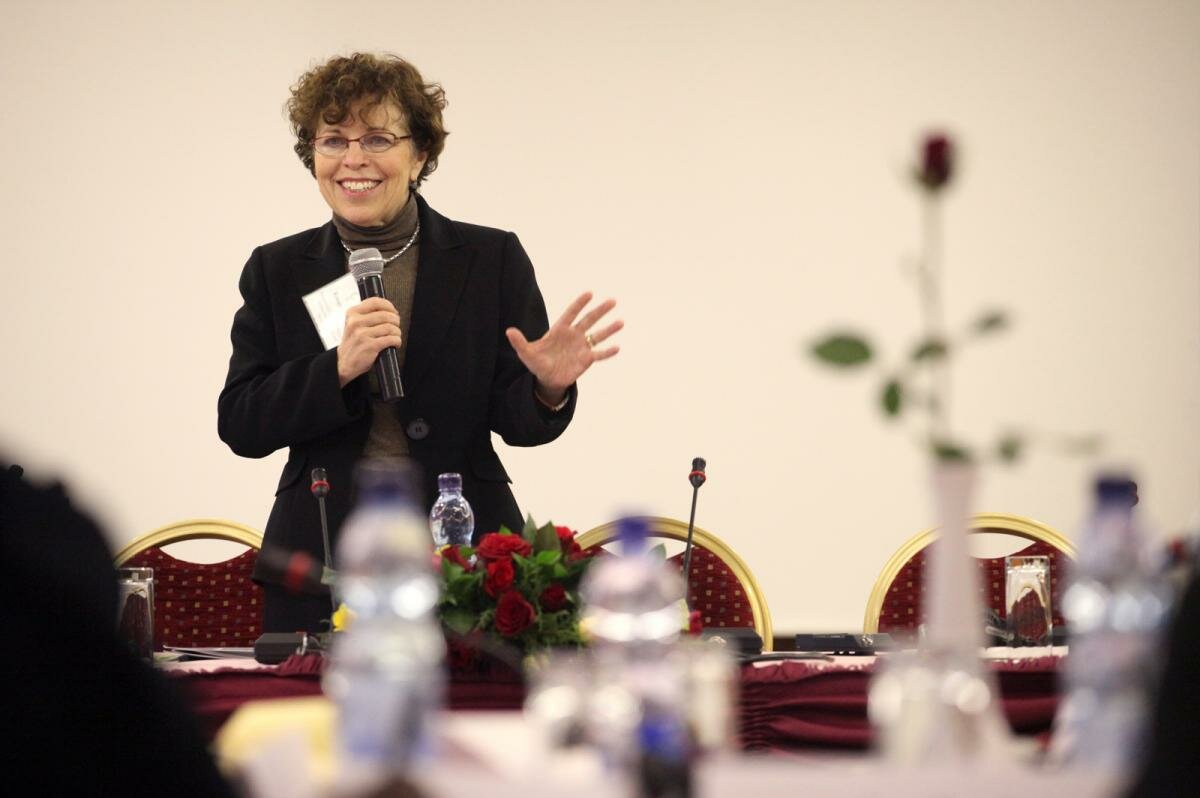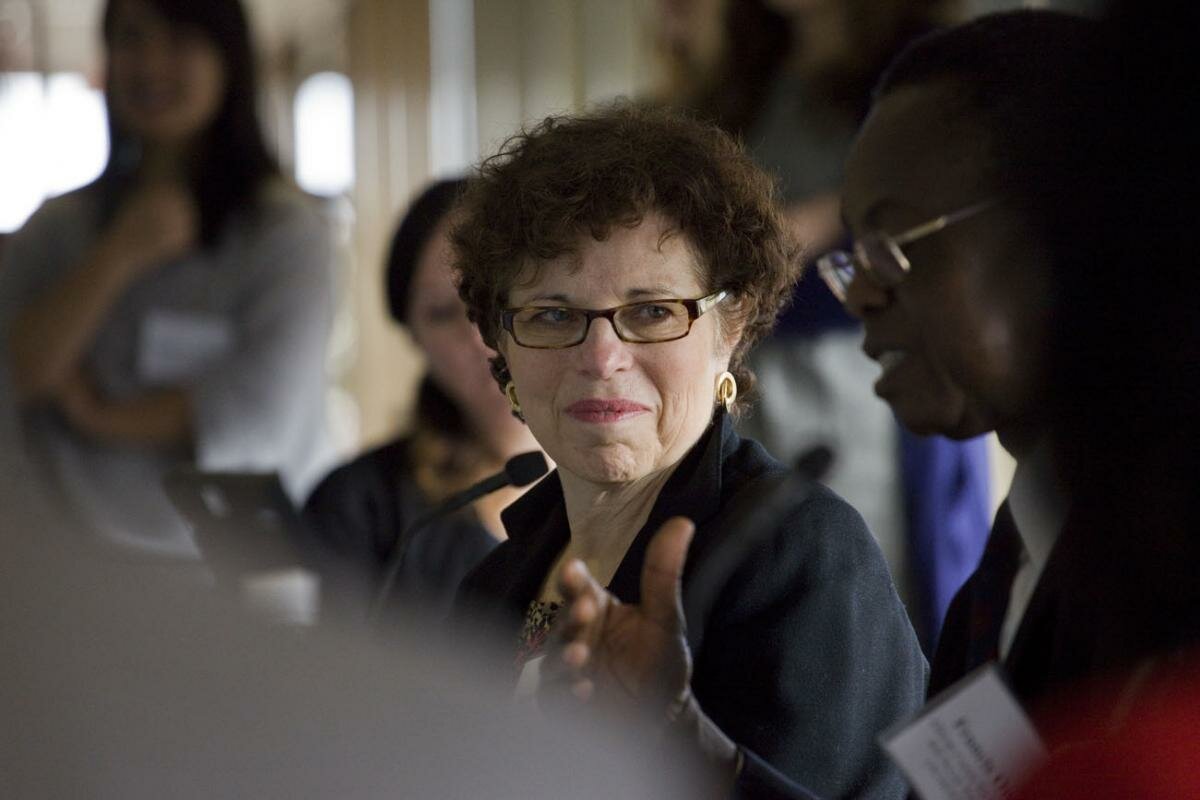January 20, 2012
John Donnelly
 This is the fourth of a series of perspective pieces on country ownership from the “Advancing Country Ownership for Greater Results” roundtable organized last week by the Ministerial Leadership Initiative for Global Health (MLI), a program of Aspen Global Health and Development. This high-level dialogue included senior officials from developing countries, the US government, development partners and NGOs. These stories have run every day this week.
This is the fourth of a series of perspective pieces on country ownership from the “Advancing Country Ownership for Greater Results” roundtable organized last week by the Ministerial Leadership Initiative for Global Health (MLI), a program of Aspen Global Health and Development. This high-level dialogue included senior officials from developing countries, the US government, development partners and NGOs. These stories have run every day this week.
This fourth piece covers the comments made several senior US government officials:
Ariel Pablos-Méndez, USAID assistant administrator: “Country ownership is far more important now than it was 10 years ago in the global health discourse. We are at an inflection point for the political economy … in which money will change the culture. If we look at overseas development, it accounted for 70 percent of funds in developing countries 50 years ago. Now it accounts for only 13 percent. Domestically, country expenses are expanding dramatically. … Real country ownership will be moving toward the country as the country’s own resources grow. (USAID) used to work in over 100 countries, and now we are in 75, but we’re really focused on 30 countries. It is our wish to get out of a job in a way, but that is more than a generation away. The world is going in a good direction, but we are not there yet.”
READ MORE »



 Sometimes the media doesn't do its reporting. And sometimes it's good to point that out. This happened recently in a short Economist article on Sierra Leone's free health care initiative, which can be found here. The writer's bias clearly came through -- that the West knows best, and a developing country's poor infrastructure means that their leadership cannot be taken seriously. We disagree, of course, and here's my response:
Sometimes the media doesn't do its reporting. And sometimes it's good to point that out. This happened recently in a short Economist article on Sierra Leone's free health care initiative, which can be found here. The writer's bias clearly came through -- that the West knows best, and a developing country's poor infrastructure means that their leadership cannot be taken seriously. We disagree, of course, and here's my response: At MLI’s high-level roundtable
At MLI’s high-level roundtable  This is the fourth of a series of perspective pieces on country ownership from the
This is the fourth of a series of perspective pieces on country ownership from the